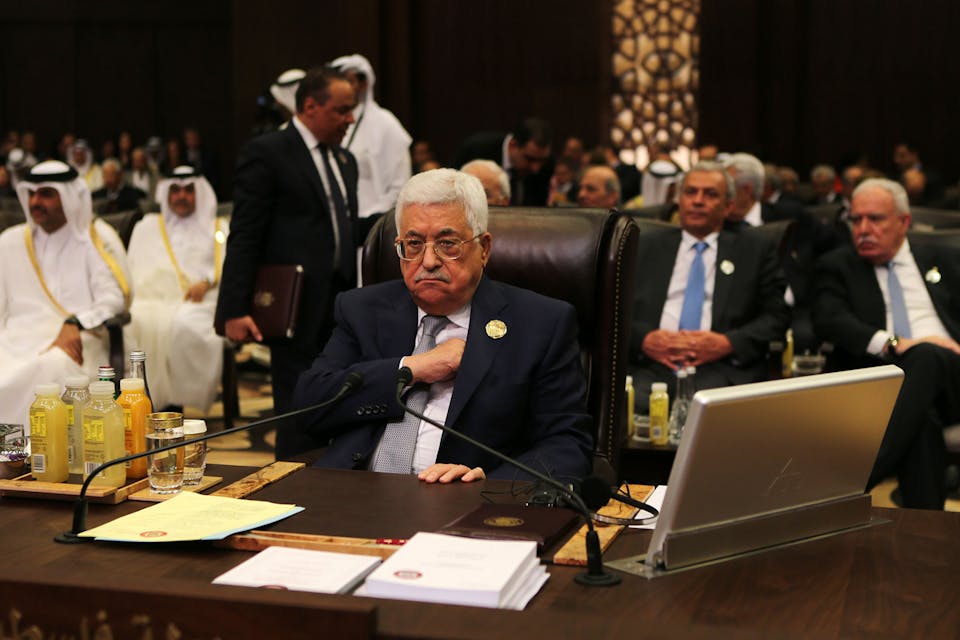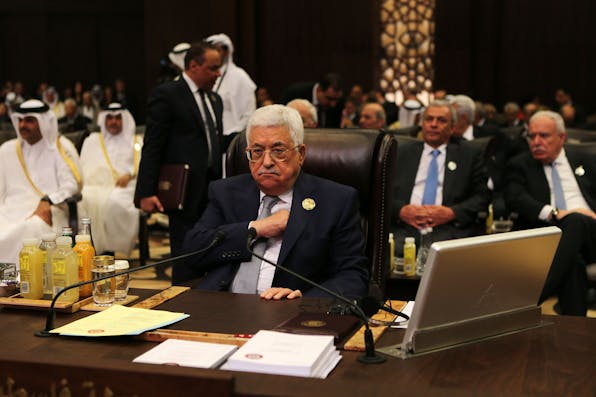
May 3, 2017
Why Making Peace with the Palestinians Isn’t Like Making Peace with Egypt and Jordan
Egypt and Jordan had strong leaders committed to peace; the Palestinians don't. That makes the views of ordinary Palestinians all the more significant, and worrisome.
I greatly welcome and appreciate the thoughts of Daniel Pipes, Ghaith al-Omari, and Elliott Abrams, the three distinguished respondents to my essay in Mosaic, “Do Palestinians Want a Two-State Solution?”. Especially gratifying is that each has challenged, extended, or put into historical and political perspective the main arguments I made about Palestinian public opinion and its impact on the prospects for reaching a durable two-state solution.
I should begin by noting that none of the three, nor any critic I am aware of writing elsewhere, has contested the factual claims I advanced. To recapitulate, these are:
The majority of Palestinians living in the West Bank and Gaza have for the past decade been opposed to the most generous package deal they are likely to be offered for a state alongside Israel;
When asked to choose among three options—an Israeli and Palestinian state living side by side, a unitary state with equal rights for Palestinians and Israelis, and a Palestinian state from the Jordan River to the Mediterranean Sea—most Palestinians have chosen the last-named; and
When asked what ought to be done if Palestinian leaders strike a two-state deal with Israel, most have declared that the struggle should go on until all of historical Palestine is “liberated.”
Responses to April ’s Essay

April 2017
The Israel-Palestinian Peace Process Has Been a Massive Charade
By Daniel Pipes
April 2017
Palestinians Aren’t Ready to Make Peace with Israel. That Doesn’t Rule Out a Peace Deal.
By Ghaith al-Omari
April 2017
The Need to Change Palestinian Political Culture
By Elliott Abrams
April 2017
Why Making Peace with the Palestinians Isn’t Like Making Peace with Egypt and Jordan
By Daniel Polisar